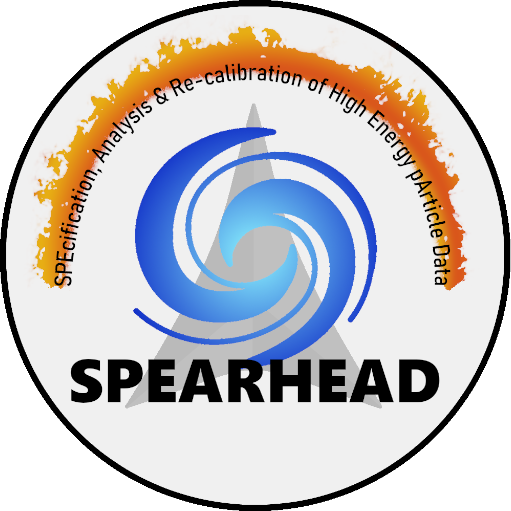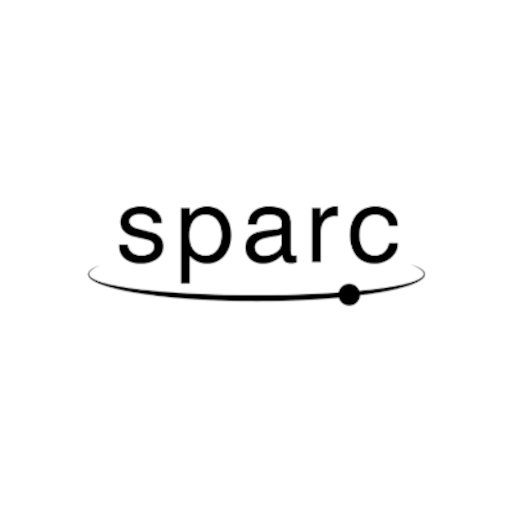SPARC est 2016 by Sandberg and partners provides consultancy services on the analysis, processing, distribution of space radiation data, on the creation of data-driven space radiation models, on the calibration of particle radiation detectors and on the development of Space Weather and Radiation Environment forecasting, now-casting and characterization models. SPARC partners have accumulated experience as they have participated as individuals in several projects funded by EU and ESA over the last decade. Despite its young age, SPARC has been leading 5 and participated in other 7 European consortia that have been awarded with contracts by the ESA in activities related to Space Radiation Environment. In addition, SPARC has participated in EU H2020 project SafeSpace. In SPEARHEAD, SPARC will perform cross-calibration studies on high-energy proton datasets, and will derive high-energy particle fluxes from the ESA SREM measurements from the units on-board INTEGRAL, Herschel, Planck and Rosetta. Dr. Ingmar Sandberg leads the SPEARHEAD team at SPARC. He has broad experience in the process of particle radiation data, cross-calibration of radiation instruments, radiation belt modelling, solar proton flux modelling and on the development of SPE forecasting and now-casting schemes. Among others, he developed the codes for the creation of ESA EDRS-C NGRM, EU Galileo EMU and ESA SREM proton flux datasets. His work on the calibration and data post-processing of NOAA GOES/EPS measurements led to the creation of the ESA SEPEM reference proton dataset. He was the leader of H2020/SafeSpace and he has been the Project Manager of several ESA projects. Dr. Sandberg led the development of six new federated products of ESA’s Space Radiation Expert Service Centre to be released within 2023. He is also a member of the instrument team of the NGRM/ERSA/Lunar Gateway and a member of the Multilateral Gateway International Heliophysics and Space Radiation Science Working Group. He will contribute in WPs 1, 3 and 5.
Dr. Sigiava Aminalragia-Giamini has worked on the processing and analysis of data from multiple space radiation instruments. He has led modelling efforts for the space radiation environment especially regarding SEPs both in probabilistic terms as well as having developed and implemented predictive methods regarding SEP occurrence and characteristics. He has broad experience on statistical analysis as well as the application of artificial intelligence methods. He will be involved in WPs 3 and 5.
Mr. Constantinos Papadimitriou specialises in data curation and pre-processing, time-series analysis and statistical modelling and has extensive experience with the application of a wide range of methods, ranging from information-theoretical measures to machine learning algorithms. He will work in WP 3.
Mr. Zafar Iqbal has experience in building robust interactive systems for data processing and distribution. His skills include application servers, databases, multiple programming languages, APIs, containers, virtual machines, creating user interfaces and dashboards. He is currently the technical lead for the software development of the ESA Network of Models framework. He will work in WP 3.





